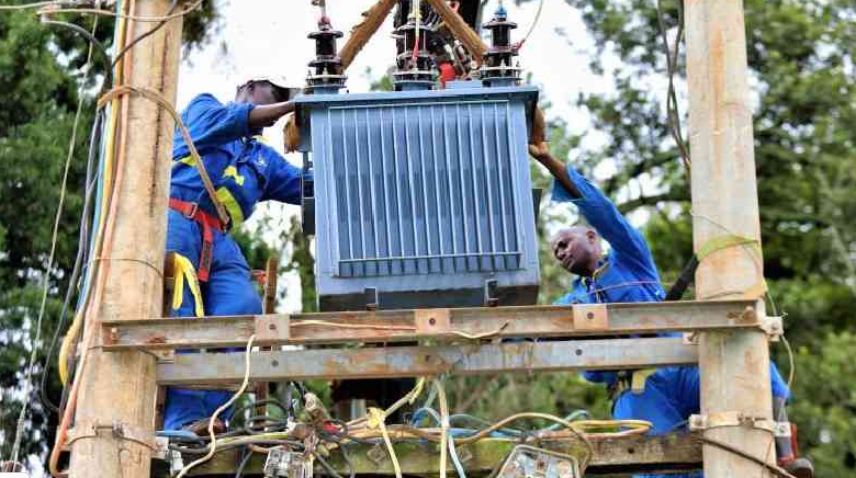Electricity users in Kenya may soon have the option to purchase token meters from authorized dealerships, potentially breaking Kenya Power’s monopoly on the supply of these devices. This initiative aims to allow consumers more freedom in connecting to the power grid without being restricted to purchasing meters from the state-owned utility.
According to the Africa Smart Meter Association, Kenya Power’s exclusive control over the meter supply has hindered the growth of local manufacturing companies. Industry stakeholders are advocating for a model similar to the rollout of e-tims, where Kenya Power would establish standards and authorize select dealers to sell meters directly to consumers.
During a presentation to the Senate Energy Committee, the association noted that less than 10 percent of the smart meters in use in Kenya are locally manufactured. “The current situation favors assembly plants that import components and assemble them locally,” said James Ngomeli, the association’s secretary general. He expressed optimism that local manufacturing could rise to 60 percent if a solid business case, akin to those seen with laptop assembly plants, is developed.
Local manufacturers are facing significant challenges due to their inability to invest while waiting for Kenya Power’s tender processes to open up. Assembling smart meters requires considerable investment, and high interest rates in financial markets further complicate competition for local companies.
Ngomeli pointed out the critical issue of lacking approved manufacturing standards for smart meters from the Energy and Petroleum Regulatory Authority (EPRA), which adds uncertainty for producers.
To foster growth in the sector, manufacturers are also calling for long-term framework agreements with major off-takers like Kenya Power to ensure consistent demand, as they believe that reliance on tenders alone is not a sustainable strategy for investment. Currently, Kenya Power procures between 800,000 to 1 million meters annually to satisfy the increasing demand for new electricity connections, upgrades, and the expansion of the prepaid meter system.
“There is also a growing need for universities and research institutions to collaborate with companies like KPLC to promote the use of locally produced components, ensuring the industry’s sustainability,” said the Association chairman Charles Kaloki.
Nairobi Senator Edwin Sifuna sought to know why the local producers had failed to produce what Kenya power needed.
Kaloki said that the utility firm and EPRA are yet set localised standards customised for producers within the country.
“There is no reason why they can’t authorised dealers and open up the space for more players,” “By producing smart meters locally, governments and utility companies could reduce the reliance on imports, lowering costs associated with tariffs, shipping, and currency exchange rates by up to $100m (Sh12.9 billion), leading to more affordable smart meter deployment,” added Kaloki.
Currently, the are four assembly plants in operation, however, the market remains highly competitive and somewhat secretive, primarily due to the intense focus on securing Kenya Power tenders. Price wars dominate the landscape, and many players prefer to keep their developments under wraps to maintain a competitive edge.
“This secrecy is further heightened by the fact that Kenya Power is often the sole buyer, leading to cutthroat competition. Some of our members, understandably, prefer to remain anonymous given the sensitive nature of their business strategies,” the association said.
The result is an industry where innovation is progressing, but largely behind closed doors, making it difficult to foster open collaboration or broader market participation.



